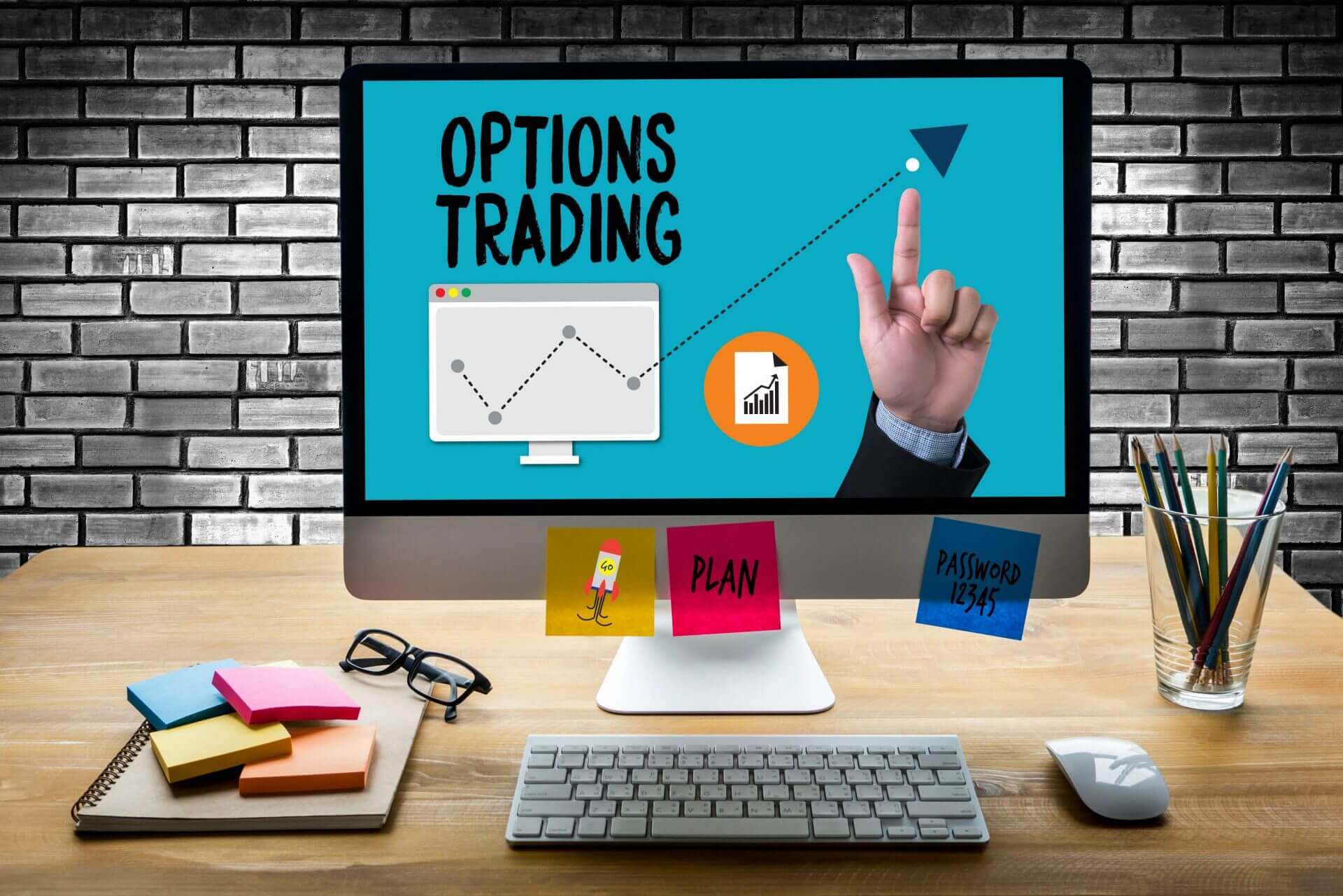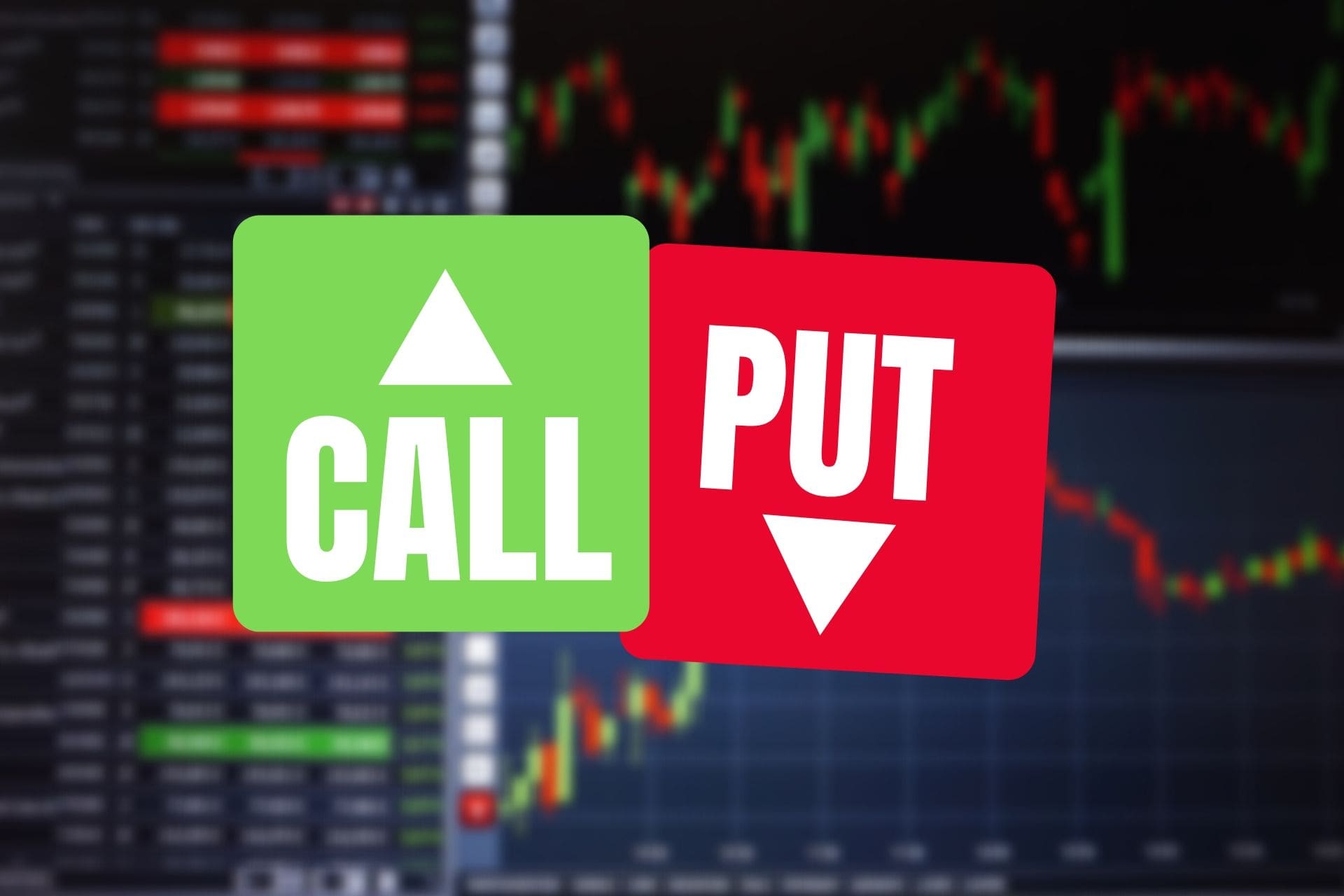Options trading has gained immense popularity as a financial instrument, offering the potential for significant returns. However, allegations of manipulation and unfair practices have veiled the industry, raising suspicions about its integrity.

Image: www.intelligenthq.com
Some believe that options trading is a rigged game, where large institutions and market makers hold an unfair advantage. They suggest the use of sophisticated algorithms and high-frequency trading strategies, giving these players an edge in predicting and influencing market movements.
The Mechanics of Options Trading
Before delving into the allegations, it’s crucial to understand the mechanics of options trading. An option contract gives the buyer the right, but not the obligation, to buy (call option) or sell (put option) an underlying asset at a predetermined price (strike price) within a specified time frame.
Options are traded on regulated exchanges, such as the Chicago Board Options Exchange (CBOE). Buyers pay a premium (cost) to acquire an option, while sellers receive this premium but bear the obligation to deliver or accept the underlying asset if the option is exercised.
Allegations of Market Manipulation
Spoofing:**
Critics claim that market makers engage in “spoofing,” a practice where they place large buy or sell orders to deceive other participants. They then cancel these orders before execution, creating an illusion of demand or supply and influencing price movements.
High-Frequency Trading:**
High-frequency trading algorithms can reportedly predict price moves ahead of others. Combined with their massive order flow, large institutions may be able to profit from insider information or take advantage of market makers’ pricing models.
Expert Perspectives
Industry experts recognize the concerns surrounding options trading but also highlight the role of regulations and oversight. The Securities and Exchange Commission (SEC) actively monitors options trading for fraud and manipulation.
Moreover, experienced traders emphasize the importance of knowledge, skill, and risk management. They maintain that while manipulation may exist at times, it’s not the norm, and successful options trading requires a sound understanding of the market and its dynamics.

Image: www.gueinfo.com
Tips for Retail Traders
- Research thoroughly and understand the risks involved in options trading.
- Avoid emotional decision-making and stick to a disciplined trading plan.
- Use protective strategies, such as spreads or covered calls, to limit potential losses.
- Consider using a reputable broker with robust risk management tools and educational resources.
Frequently Asked Questions
Q: Is options trading legal?
A: Yes, options trading is legal when conducted through regulated exchanges and brokers.
Q: What are the biggest risks in options trading?
A: Losing your entire investment if the market moves against your position.
Q: Can retail traders make money trading options?
A: Yes, but it requires knowledge, skill, and discipline.
Options Trading Rigged

Image: tradebrains.in
Conclusion
The debate on whether options trading is rigged remains ongoing. While there may be instances of manipulation, evidence suggests that the industry is heavily regulated and subject to oversight.
For retail traders, it’s essential to exercise caution, understand the risks, and implement proper trading strategies. By doing so, you can navigate the options market with confidence and potentially capitalize on opportunities while mitigating potential pitfalls.
Are you curious to explore options trading further? Leave a comment below, and let’s continue the conversation.






